Korea Resists U.S. Tariff Demands — Could Worker Arrests Spark a Shift?
Input
Changed
U.S. Commerce Secretary Presses Korea to Sign Tariff Deal President Lee Jae-myung: “No Negotiations Without Fairness and Rationality” Could the Mass Arrests of Hyundai and LG Energy Executives Unlock a Compromise?
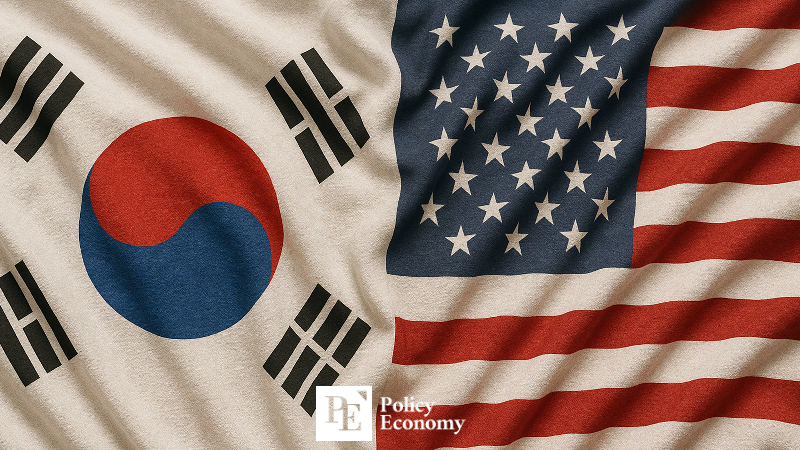
U.S. Commerce Secretary Howard Lutnick has turned up the pressure on Seoul, warning that if Korea does not accept Washington’s terms in the ongoing trade negotiations, existing tariff rates will remain in place. The Korean government, however, is holding firm, insisting it will not sign any agreement that fails to serve the nation’s interests.
Rising U.S. Tariff Pressure
On the 11th, U.S. Commerce Secretary Howard Lutnick told CNBC, “Korea did not sign when President Lee Jae-myung visited the U.S. Japan has already signed, so Korea must either accept that agreement or pay the tariffs.” His remarks were widely interpreted as a warning that if Seoul refuses to sign, tariff rates will revert to the original 25%.
In July, Washington and Seoul had agreed in principle to lower reciprocal tariffs—including auto duties—to 15%, contingent on Korea establishing a $350 billion investment fund in the U.S. Yet disagreements over the fund’s structure have stalled the deal, leaving auto tariffs stuck at 25%.
Lutnick’s invocation of Japan underscored the contrast. Tokyo clinched its deal by accepting heavy concessions, pledging $550 billion in U.S. investments by January 2029, before the end of President Trump’s term. Moreover, Japan relinquished control over the fund’s management and returns, effectively bending to U.S. demands in order to secure tariff reductions. Seoul, by comparison, has resisted tying tariff relief so directly to large-scale U.S. investment.
Seoul Holds Firm on Tariff Talks
The Korean government has made clear it will not accept Washington’s terms under the current framework. At a press conference marking his 100th day in office on the 11th, President Lee Jae-myung responded to criticism that no joint statement had followed his summit with U.S. President Trump. “We didn’t go to gain concessions—we went to defend against America’s unilateral tariff hikes. If the terms are beneficial, we’ll sign. But why would we sign something that isn’t?” he said.
Lee emphasized that diplomacy often involves sensitive issues that cannot be disclosed mid-negotiation, hinting at the tough demands raised by the Trump administration. He pointed to U.S. troop issues, nuclear fuel management, strategic flexibility, and the investment fund–tariff linkage as the core points under negotiation.
He reiterated Seoul’s stance: “We will not engage in any negotiation that lacks rationality and fairness.” Still, Lee expressed cautious optimism, saying he believed the talks would ultimately reach a reasonable outcome. “The process may look rough, excessive, unfair, even irrational on the surface, but the final conclusion must be rational—and we will make sure it is,” he added.
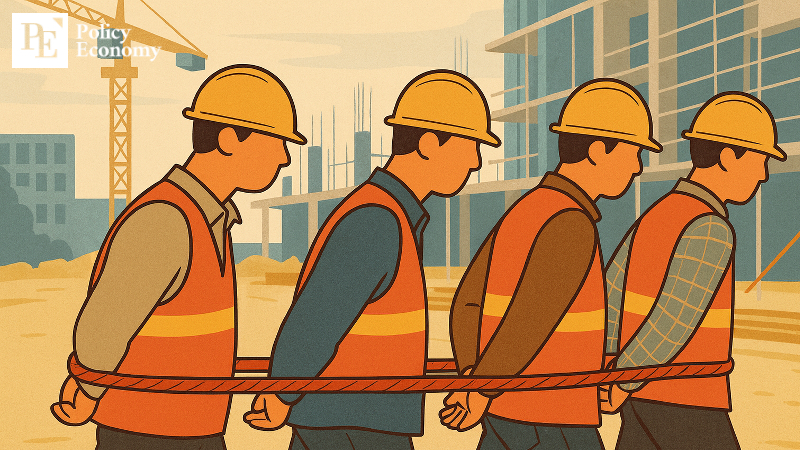
Korean Worker Arrests Seen as Possible Turning Point
With Washington and Seoul still far apart on tariff negotiations, some analysts suggest that the recent arrests of Korean workers at Hyundai Motor and LG Energy Solution’s construction site in Georgia could shift the dynamics. One market expert noted, “Since President Lee has declared he won’t sign any deal that isn’t beneficial, the U.S. may need to step back. The arrests highlight the path forward: if the tariff agreement allows Korea to use its own capital and workforce to build production facilities in the U.S., the situation could change.”
Signs of a softer stance from the Trump administration lend weight to this view. In the early hours of the 10th, detained Korean workers and their families were abruptly informed their release would be delayed. Later that morning, U.S. Secretary of State Marco Rubio explained to Foreign Minister Cho Hyun that President Trump wanted to confirm whether the detainees—described as “skilled labor”—could remain in the U.S. to help complete the plant.
Trump reportedly instructed his team to “move quickly to coordinate and allow Korea to proceed as it wishes.” Amid growing criticism in the U.S. that mass arrests were an inappropriate way to treat workers from a key investing ally, Washington has since softened its position. According to Korea’s Foreign Ministry, Trump’s directive resulted in the adoption of Korea’s stance on contentious issues such as transport conditions and the use of restraints during detention.


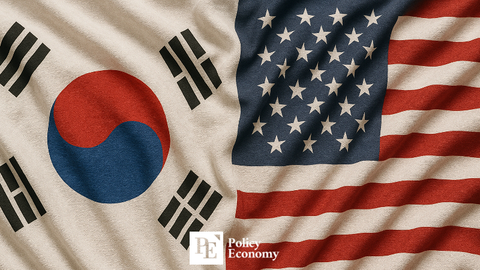




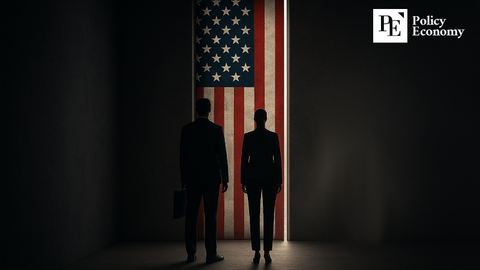
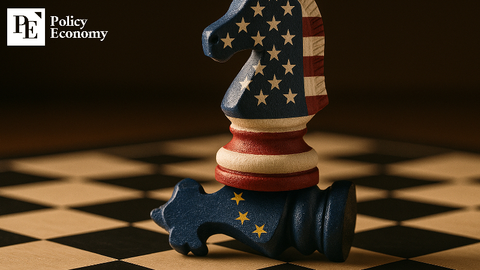













Comment